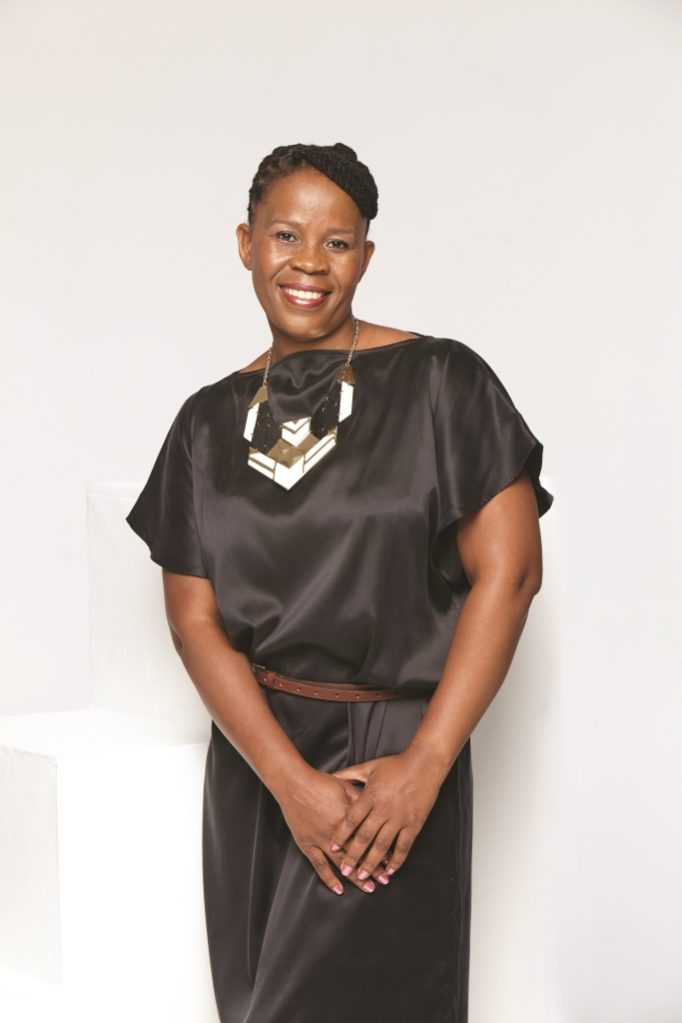Ntsiki Biyela is not a Capetonian by birth but she has lived in South Africa’s Western Cape for over 20 years and embodies the province’s entrepreneurial spirit.
In the Western Cape, winemaking is a craft pursued with zeal. Those who enter the industry typically do so encouraged by their families whose roots are as deeply planted in the terroir as the vines themselves. Would-be winemakers worship at the altar of the grape, and are well-versed in the history of varietals from an early age.
Biyela’s story is different. Born in Ulundi, KwaZulu-Natal, she grew up in a big family strictly governed by her grandmother. Her mother worked as a housekeeper.
While in high school, a scientifically-inclined Biyela dreamt of becoming a chemical engineer but financial difficulties precluded a tertiary education and Biyela spent her first post-Matric year cleaning houses in the province’s largest city, Durban.
Biyela’s break came in the form of a call for an application to study viticulture and oenology at the University of Stellenbosch in Cape Town as part of a scholarship funded by national air-carrier South African Airways.
“I didn’t know much about winemaking and I had little interest in wine not having grown up around it,” she says.
“But I knew an opportunity when I saw one and I grabbed it with both hands.”
In 1992, Biyela found herself studying at the university and her first year at the institution proved to be a baptism by fire. Stellenbosch is situated in the heart of South Africa’s wine-producing region. The town and university, although adapting, are traditionally conservative and Afrikaans – in short, light years away from Biyela’s home in the Zululand.
“When you really want to do something, you forget about how difficult it is and you just do it,” she says.
Textbooks and lecture notes written in English helped Biyela fill in the gaps of her knowledge and she slowly grew to love and appreciate wine, working at Stellenbosch farm Delheim during her studies. She credits Jabulani Ntshangase as her mentor. Ntshangase is one of South Africa’s first black wine entrepreneurs who started out as a wine exporter shortly after apartheid sanctions against South Africa were lifted in the early 1990s and later went on to found the country’s first black-owned wine-producing farm Thabani.
Biyela’s own entry in the industry took place at a time when black female winemakers were the stuff of myth and legend.
“I remember going to an industry seminar with the Delheim manager and I was absolutely terrified when I walked into the room. Everyone there was white and male. I asked my manager if I could leave but he told me that this was what the industry looked like and I needed to stay and make my own place.
“Being a woman in a male-dominated workplace isn’t about defining yourself by your gender. You need to work as hard as you would do any workplace.”
Biyela has been working as a wine-maker at Stellenbosch’s Stellekaya, a boutique farm specializing in red wine, since 2004. The beautiful valley surrounding her is no longer as inhospitable as it was when she first arrived. The grapes and the vines have meshed with her Zululand roots and she still gets excited about each bottle of wine that Stellekaya makes.
“The best thing about my job is seeing the enjoyment it brings to the people who drink it. When someone takes a big sip of wine and it brings a smile to their face. Wine is really personal because it’s a lot of stories and journeys which merge together to create a beautiful product.”
Biyela is a director at the Pinotage Youth Development Academy, a Stellenbosch group which prepares unemployed young people for work in the wine industry through a 12-month programme. She was named South African Woman Winemaker of the Year in 2009.
Her first vintage at Stellekaya produced the Cape Cross wine, which went on to win a Gold Medal at the industry-defining Michelangelo Awards.
“One of my proudest moments was enjoying a glass of that award-winning wine with my grandmother. She really enjoyed it and she was very proud of me. She honestly never expected this route for me.”
Biyela’s wine route has clearly taken her places.
